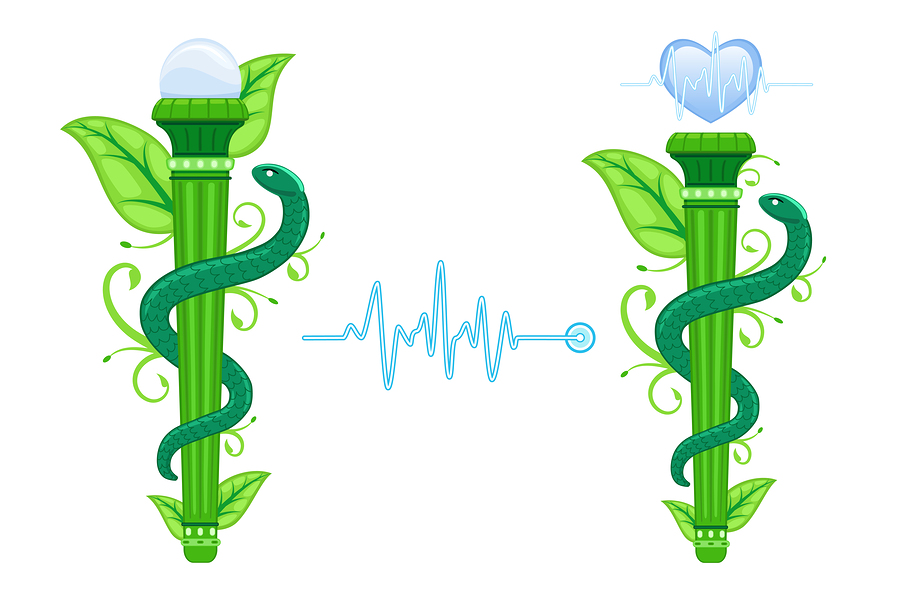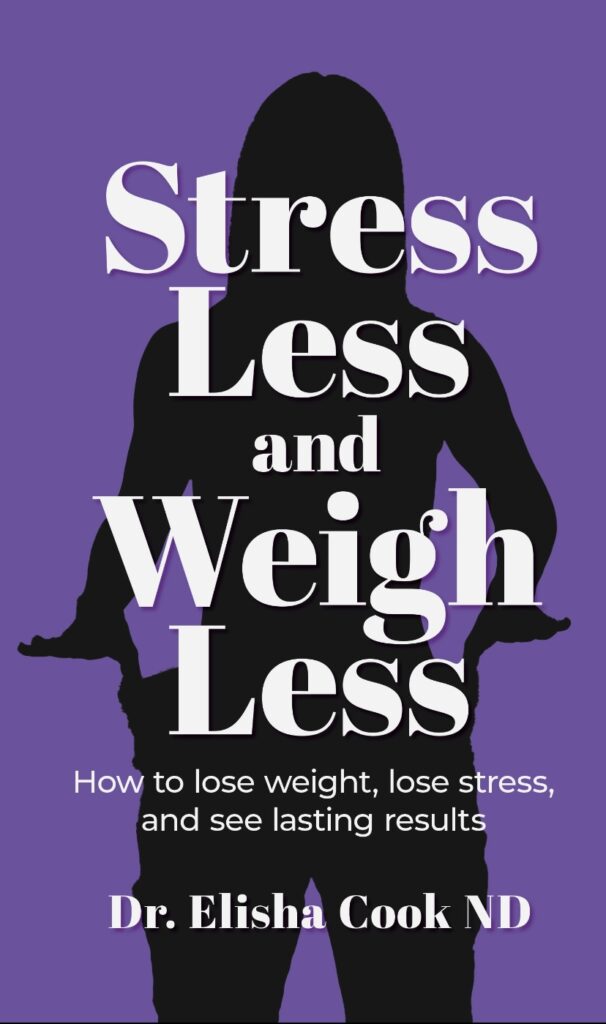
In honour of naturopathic medicine week (which we celebrate in May), we wanted to share the top 5 reasons why you might want to consider seeing a naturopathic doctor. Here at Plattsville Natural Health Clinic, we have two naturopathic doctors that are well equipped to help you along your healing journey, whether it may be seeking their help for the below 5 reasons or other concerns!
Top 5 Reasons to See a Naturopathic Doctor
1.“I’m Tired”
The fatigue you experience may not be just because you are busy. There can be many explanations for fatigue which could include how foods are paired in the diet, nutrient deficiencies, chronic illness, stress and other reasons. Naturopathic Doctors may be able to take a full history, order blood work, and determine the root cause of the fatigue you may experience.
2. “I’m Stressed/ Depressed/ Anxious”
Whether it is stress, low mood, or nervousness; a naturopathic doctor is equipped with many tools to help you through these struggles. The way we eat, move our bodies and respond to our environments can most certainly impact our mental health, but there may be something more behind how you are feeling. Could there be nutrients, hormones, or other factors influencing where your mind is at? Let a Naturopathic Doctor help you determine that.
3. “I’m in Pain”
From chronic migraines, to back pain and beyond, there are many different pain experiences, influential factors, and modalities to aid them. Naturopathic Doctors are able to use modalities including acupuncture, cold laser therapy, cupping, and body work to help alleviate pain. In addition, naturopathic doctors look at the whole system in order to address inflammation and some other potential root causes to pain.
4. “My Digestion is Off”
“Digestive” concerns can mean so many things. If it is too slow or too fast, this can cause concerns for individuals. There are so many symptoms that can be uncomfortable for individuals including bloating, gas, abdominal pain, cramping, constipation, diarrhea, burping, regurgitation, acid reflux, GERD, and more. Naturopathic Doctors are able to look at diet, lifestyle, blood work, and your health history to formulate a plan of action to address these concerns.
5. “My Hormones are Ruining my Life”
Whatever stage of life you are in, hormones can be so impactful. Whether your goal is trying to have a family (i.e. get pregnant), weather the storms of menopause, have a normal period, or get the muscular gains from your workouts; Naturopathic Doctors are able to assess your hormonal health and determine the right plan for your individual situation. From supplements, to diet and beyond, Naturopathic Doctors have many ways of approaching your individual case in order to help find a solution.
For more information about our naturopathic doctors or naturopathic medicine, please see the naturopathic tab on our website, or contact us today to allow us to answer any questions or concerns you might have.
Have you benefited from reading this blog? Know someone that would benefit as well? Share, Like, Comment, or Tweet this article, and let me know what you think.
Some of the information provided above may not be appropriate for everyone, please consult with your doctor before trying any of the above. If you are interested in trying any of our services, working with any of our amazing practitioners, or are simply wanting a different approach to your health care needs, contact the Plattsville Natural Health Clinic by calling 226-232-7665 and book your appointment today!



